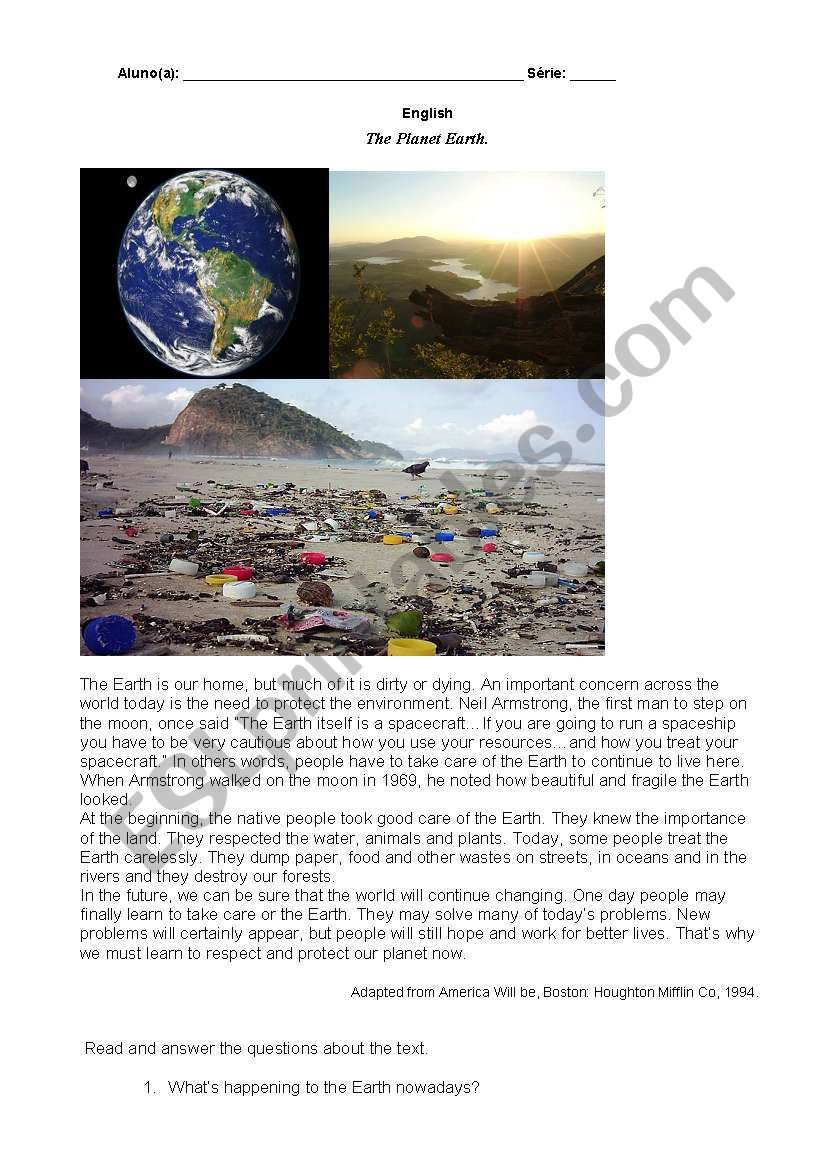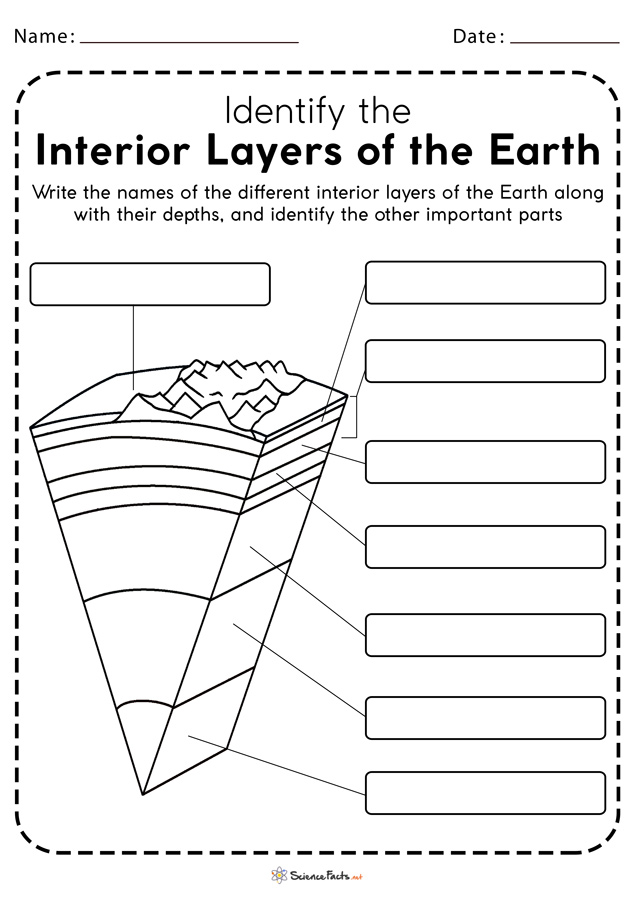

Plants, algae (including phytoplankton), and many microorganisms use energy from light to make sugars through the process of photosynthesis.LS1.C: Organization for Matter and Energy Flow in Organisms.But individuals and communities are doing things to help protect Earth’s resources and environments. Human activities have had major effects on the land, vegetation, streams, ocean, and air.Matter cycles between the air and soil and among plants, animals, and microbes as these organisms live and die.LS2.B: Cycles of Matter and Energy Transfer in Ecosystems.A healthy ecosystem is one in which multiple species are able to meet their needs, and newly introduced species can damage the balanceof an ecosystem. Organisms called decomposers break down dead organisms, recycling some materials back into the soil. The food of almost any kind of animals can be traced back to plants.LS2.A: Interdependence Relationships in Ecosystems.Living things affect the physical characteristics of their regions.Populations live in a variety of habitats, and change in those habitats affects the organisms living there.For any particular environment, some kinds of organisms survive well, some survive less well, and some cannot survive at all.Here we list the scientific ideas that shine through in Habitat Earth.
THE LIVING EARTH WORKSHEET ANSWERS KEY FULL
Remember that this will affect the specific learning outcome for your students don't aim to use all three!ĭepending on your grade level and subject matter, your expected use of the full film will undoubtedly differ from other K-12 teachers. Need a list of simple techniques to encourage active viewing of media, or to encourage group sharing?Ĭonsider using one of the below as a lens through which to explore content featured in the full film.

Lessons that use video clips in this way include: Visualizations based on aggregated data provide the unique opportunity to engage your students in various Science Practices highlighted in the Next Generation Science Standards, including asking questions, analyzing and interpreting data, and constructing explanations. From Farms to Phytoplankton (Grade 6-11).Planes, Trains, or Bicycles: Being a Low-impact Traveler (Grades 6-10).Lessons that use video clips in this way include: Videos can activate prior knowledge, engage the student with something mysterious or visually appealing, or establish a purpose for learning.


Alabama Courses of Study Alaska Content and Performance Standards Arizona's College and Career Ready Standards Arkansas Curriculum Frameworks California Content Standards Colorado Academic Standards (CAS) Common Core State Standards Connecticut Core Standards Delaware Standards and Instruction Florida Standards Georgia Standards of Excellence Hawaii Content and Performance Standards Idaho Content Standards Illinois Learning Standards Indiana Academic Standards Iowa Core Kansas Academic Standards Kentucky Academic Standards Louisiana Academic Standards Maine Learning Results Maryland College and Career-Ready Standards Maryland Standards Massachusetts Curriculum Frameworks Michigan Academic Standards Minnesota Academic Standards Mississippi College & Career Readiness Standards Missouri Learning Standards Montana Content Standards National STEM Standards Nebraska Core Academic Content Standards Nevada Academic Content Standards New Hampshire College and Career Ready Standards New Jersey Common Core Standards New Jersey Student Learning Standards New Mexico Content Standards New York State Learning Standards and Core Curriculum Next Generation Science Standards (NGSS Comprehensive) North Carolina Standard Course of Study North Dakota Academic Content Standards Ohio Learning Standards Oklahoma Academic Standards Oregon Academic Content Standards Pennsylvania Core and Academic Standards Rhode Island World-Class Standards South Carolina Standards & Learning South Dakota Content Standards Tennessee Academic Standards Texas Assessments of Academic Readiness (STAAR) Texas Essential Knowledge and Skills (TEKS) U.S.Media can serve as a "hook" that opens up the lesson.


 0 kommentar(er)
0 kommentar(er)
